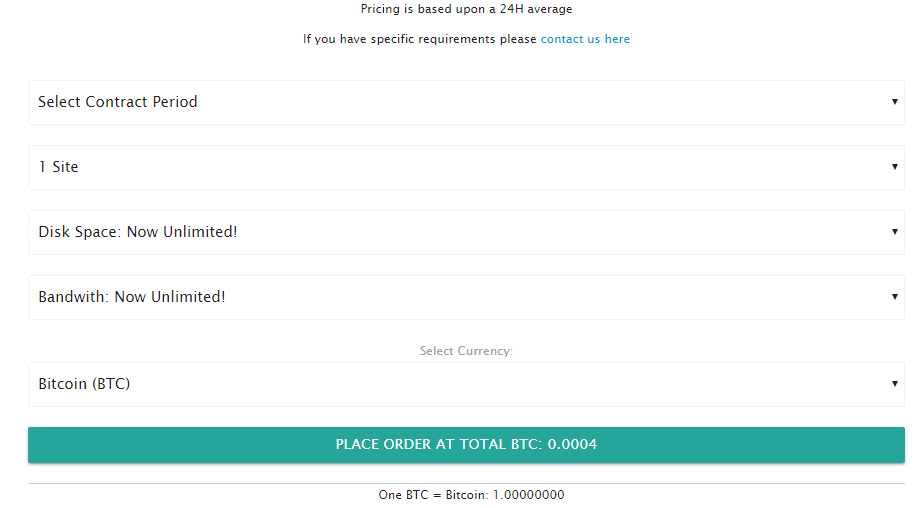
Do any of these statements ring true for you?
- Your business has grown
- There's a lot of repetition going on
- Mistakes are made when following processes (or not following them properly)
- Your business seems less efficient now as you add new processes
- You've got lots of new software each trying to do different jobs
- Your last software or process audit was way back when you had time in your life!
In this article, we'll delve into what to watch out for with each of the above points and how to determine if better software could help solve the problem.
Your business has grown
When you first start, you can keep a lot of knowledge on paper, spreadsheets or other single-user tools. You might have built a spreadsheet that does quotations for you. Once you start hiring other people to do that work, you might find that they all use different versions of the spreadsheet and make their own changes, so you lose the consistency that you once had. Or your knowledge gets lost in single-user silos - one tool for one person and something else for another member of your team.
All this adds up to more mistakes being made. And as new people come on board there is an ever growing list of tools to learn and places to find things. If you find yourself in this position (or better yet, recognise that time is looming ever nearer), it might be a good opportunity to spend some time streamlining processes and systems down to a more manageable and usable set of tools. Some of those tasks that people do could perhaps be automated, and that leads me nicely on to the next area to focus on.
There's a lot of repetition going on
Every business has a significant amount of repeatable work. It might have slight variations, but it'll be repeatable. You'll do the same thing over and over and get a slightly different result, or even the same result. Those areas are ripe for automation. Often, a really simple software solution can take away the pain of repetition, and replace it with time that your team can spend on improving processes across the rest of the business.
Because humans are terrible at repeating things without making mistakes, we find ourselves putting plasters to cover the cracks in our fallibility. Try saying "red lorry, yellow lorry" quickly repeatedly as a really basic example of this, versus a computer repeating:
while [1]; do echo "red lorry, yellow lorry"; end
That code will repeat forever until the computer is told to stop. What's most interesting here is that the computer won't jumble up the words or letters in any repetition. It'll just keep on keeping on. We can use that to our advantage. We've talked a little about making mistakes following processes. That's next:
Mistakes are made when following processes (or not following them properly)
How often do you (or individuals on the team) forget to do something whilst following a process. It might not be critical to the business, but every difference impacts on your customer experience. If you can provide a consistent customer experience, you'll have better, longer term customers who spend more with you. It might be as simple as whether or not you send customer feedback requests after each order is placed, or whether you communicate delivery schedules with your customer. Those things can most likely be automated and be done on your behalf instead of someone having to remember to do them.
You're not necessarily gaining time here if you don't do that thing already, but you'll almost certainly improve the experience your customers have, so your opportunity cost is perhaps greater.
Your business seems less efficient now as you add new processes
Coming back to having lots of systems, tools or processes. As you add them, there is usually something else for people to do which takes away time from doing what we're all there for. If you find that your new process actually makes things slower, there could be a couple of reasons:
- You need to slow things down to make sure mistakes aren't made, so it's planned inefficiency; or
- You didn't anticipate the additional workload the extra process needed and it's hurting the business
In both these scenarios, software could be used to either ensure that quality is kept high by automating the repetitive jobs, or in taking away some of the workload that is inherent in having to input data. The information could just flow automatically from one place to the next, according to your business rules.
You've got lots of new software each trying to do different jobs
Do you have a myriad of different pieces of software and you're finding that none of them talk to each other? Let's say your business offers support services for the product you sell. Does your support team need information from sales and vice versa to make the best decisions, but the people have to log into lots of different systems to get the information? Wouldn't it be easier if it was right at their fingertips? This is called context switching, and whilst the human brain is really good at switching contexts (doing different things), it's really bad at juggling them at the same time. We often say we're multi-tasking, but in truth, we're not, because we can't! And when you do need to get back to what you were doing after a distraction, it takes on average just under half an hour.
So really great software can help you join those dots and bring the information to the person who needs it, instead of having them go and hunt for it.
Your last software or process audit was way back when you had time in your life!
If you have an ageing car, you'll recognise this metaphor. Imagine you didn't service your car every year, or get an MOT. OK, so you don't have to fork out today for that work to be done. Then you start to hear a knocking sound, but you just leave it. Then the boot won't open properly, and before you know it, your car won't start. It's entirely possible that the causes aren't interlinked, but in business, they most often are. So you end up causing yourself more problems by not having a continuous improvement programme in place where you focus on understanding the underlying requirement for the process and how it fits in to the various parts of the business - finance, sales, support, engineering, etc.
Taking a look at one aspect of your business once a month might sound like a lot of work, but once you've solved the big issues, this is really quite a small task and doesn't have to take a long time. The rewards for doing that improvement are phenomenal.
By focusing on improving things for your customers, and for your staff, you'll end up with a leaner, more streamlined business that does more for the money you invest in it. Your staff will be happier, they'll stay longer, and be more productive. Your processes will be more efficient so you won't need to hire so many staff in the future, but the ones you do have will be able to grow into new roles as the business develops.
And your business will be worth more when it comes to sell because you'll have an edge on the competition. Quite a big edge in the case of some businesses who really go to town on this.
This was originally posted on the Initforthe Blog at https://initforthe.com/blog/6-reasons-you-might-need-new-software-in-your-business.







